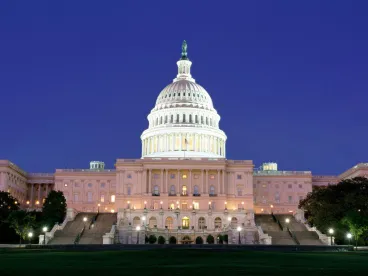On Dec. 16, Congress voted unanimously to pass the Uyghur Forced Labor Prevention Act, and President Biden is expected to sign the bill into law before the end of the year. The Act is the strongest legislation yet in response to forced labor in the supply chain of imported products and their components. The Act creates a “rebuttable presumption” that goods produced or manufactured in Xinjiang, or by certain entities, are made with forced labor and are prohibited from importation into the United States under the Tariff Act of 1930 unless U.S. Customs and Border Protection (CBP) determines with "clear and convincing evidence" that the products were not made with forced labor. Once enacted, CBP and other government agencies have 180 days to develop guidance for importers on acceptable due diligence and evidence to prove goods are not made with forced labor.
In addition, the Act requires:
-
A “strategy” for the private sector to address forced labor in the People’s Republic of China, especially in Xinjiang, including a public comment period and hearing to address the standards of due diligence;
-
The Secretary of State to submit to Congress a strategy report detailing U.S. government efforts to enhance international awareness of, and to address forced labor in Xinjiang, as well as to identify the entities involved.
The Act also imposes sanctions against any foreign person who knowingly engages in the forced labor of Uyghurs, and other predominantly Muslim ethnic groups in Xinjiang, and any foreign person who knowingly engages in efforts to contravene United States law regarding the importation of forced labor goods from Xinjiang.
While the bipartisan legislation percolated through Congress, Customs had already significantly increased its enforcement of the longstanding prohibition against imports made with forced labor by issuing withhold release orders (WROs) on specific products and increasing the number of detentions of imported shipments.
For additional background on the prohibition of importing products and their components made with forced labor we refer you to our Update on Forced Labor for Imported Products and Second Update on Forced Labor for Imported Products.




 />i
/>i

